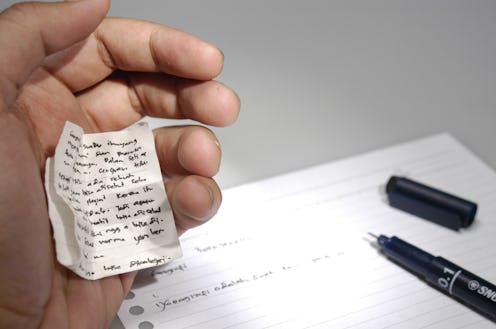Life
'Cheaters' High'? That's a Thing Now

You’ve heard of runners’ high, emotional highs, and well, being high, but what about “cheater’s high”?
A study published in Journal of Personality and Social Psychology suggests that rather than being plagued by guilt, most cheaters actually feel pretty good about themselves, provided they don’t get caught. Getting away with cheating actually gives people a big positive emotional boost — a kind of “cheater’s high.”
Turns out Bender was right all along: Being bad feels pretty good.
Even when cheating brought no tangible rewards, the researchers found people who cheated on average reported feeling better than those who hadn’t, even though the same participants theorized that people who cheated would feel worse after cheating. In experiment after experiment, from solving math tests to puzzles, the cheaters always seemed to feel better afterwards.
Don’t lose hope for the human race just yet, though. Previous researchers have found that people do feel remorse about doing something unethical or immoral — if those actions hurt another person. But as this series of experiments shows, if someone benefits themselves by dishonest means without hurting anyone else, they wind up feeling pretty good.
In fact, scientists theorize this might be a contributing factor in why we engage in unethical behavior in the first place, even though people generally don’t seem consciously aware of it.
Regardless, it seems time to tell your mother she can hang up the old “Cheaters never sin and winners never cheat” mantra. Turns out cheaters do pretty good for themselves.
Well, unless they get caught. Getting caught does not feel good at all.